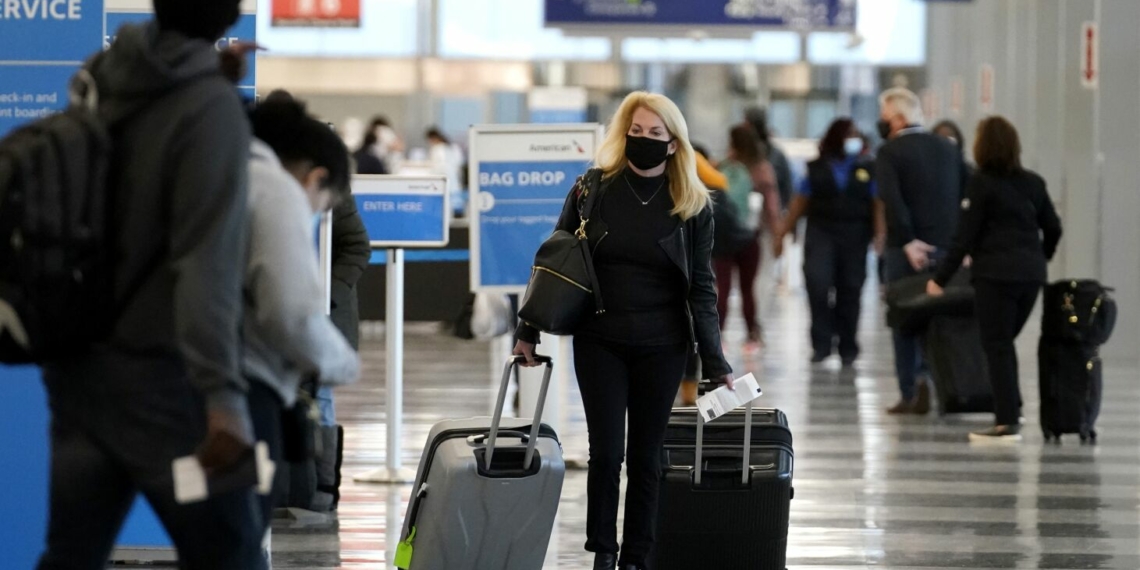The federal rule that requires air travelers to wear face masks, which the Transportation Security Administration first imposed more than a year ago, was scheduled to expire this Friday.
But the TSA extended the requirement for at least another month, for reasons that are even harder to understand than the original rationale for the mask mandate.
That is saying a lot, because the scientific justification for the TSA’s rule has always been weak, given that the conditions on airplanes are not conducive to COVID-19 transmission. The ventilation systems on commercial aircraft, which mix outdoor air with air recycled through HEPA filters and limit airflow between rows, help to explain why there were few outbreaks associated with commercial flights even before vaccines were available.
“The risk of contracting COVID-19 during air travel is low,” an October 2020 article in The Journal of the American Medical Association noted. “Despite substantial numbers of travelers, the number of suspected and confirmed cases of in-flight COVID-19 transmission between passengers around the world appears small.”
Sebastian Hoehl, a researcher at the Institute for Medical Virology at Goethe University Frankfurt in Germany, concurred in an interview with Scientific American the following month. “An airplane cabin is probably one of the most secure conditions you can be in,” he observed.
Southwest Airlines CEO Gary Kelly reiterated that point during a Senate hearing last December. “I think the case is very strong that masks don’t add much, if anything, in the air cabin environment,” he said. “It is very safe and very high-quality compared to any other indoor setting.”
American Airlines CEO Doug Parker agreed. “An aircraft is the safest place you can be,” he said. “It’s true of all of our aircraft; they all have…




